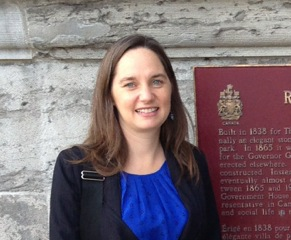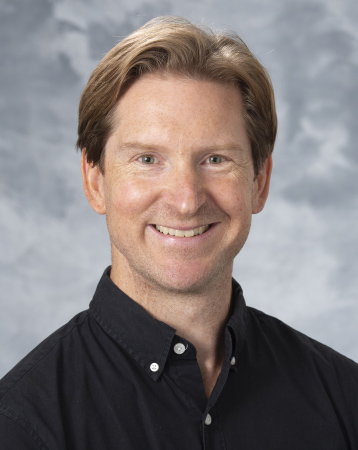In today’s post we are happy to preview Psychedelic crossings: American mental health and LSD in the 1970s, the work of
Summary
Psychedelics are having another moment in the sun. You hear about them on the news and on the street. New papers are being written and new research centers are being established. And the science is far from settled — just as it was far from settled in the 1950s, 60s, and 70s. Then, as now, LSD and other psychoactive drugs divided opinion. Yet, in our paper, we show that LSD also created a cross-over point that brought together the humanities and arts, social sciences, health policy, medical education, patient experience and the public at large.
Read the full article on the Medical Humanities Journal website.
 Erika Dyck (University of Saskatchewan) grew up in Saskatoon. After a year working at a law firm in Toronto, she began her PhD in History of Medicine at McMaster University. Her dissertation has now been published as a book, Psychedelic Psychiatry: LSD from Clinic to Campus by Johns Hopkins University Press (2008), republished by the University of Manitoba Press in 2011. Her 2013 book Facing Eugenics was shortlisted for the Canada Prize in Social Sciences and for the John A. Macdonald Prize. More here.
Erika Dyck (University of Saskatchewan) grew up in Saskatoon. After a year working at a law firm in Toronto, she began her PhD in History of Medicine at McMaster University. Her dissertation has now been published as a book, Psychedelic Psychiatry: LSD from Clinic to Campus by Johns Hopkins University Press (2008), republished by the University of Manitoba Press in 2011. Her 2013 book Facing Eugenics was shortlisted for the Canada Prize in Social Sciences and for the John A. Macdonald Prize. More here.
Twiiter: @erikadyckhist
 Lucas Richert (RICK-ert), Associate Professor at the School of Pharmacy, University of Wisconsin, studies intoxicating substances and the pharmaceutical industry. He also examines the history of mental health. His recent book, Break on Through: Radical Psychiatry and the American Counterculture, historicizes radical mental health practices in the 1960s-1970s. Richert is also the author of Strange Trips: Science, Culture, and the Regulation of Drugs (2019), which focuses on legitimate and illegitimate, legal and illegal drugs.
Lucas Richert (RICK-ert), Associate Professor at the School of Pharmacy, University of Wisconsin, studies intoxicating substances and the pharmaceutical industry. He also examines the history of mental health. His recent book, Break on Through: Radical Psychiatry and the American Counterculture, historicizes radical mental health practices in the 1960s-1970s. Richert is also the author of Strange Trips: Science, Culture, and the Regulation of Drugs (2019), which focuses on legitimate and illegitimate, legal and illegal drugs.
Twitter: @LucRichert